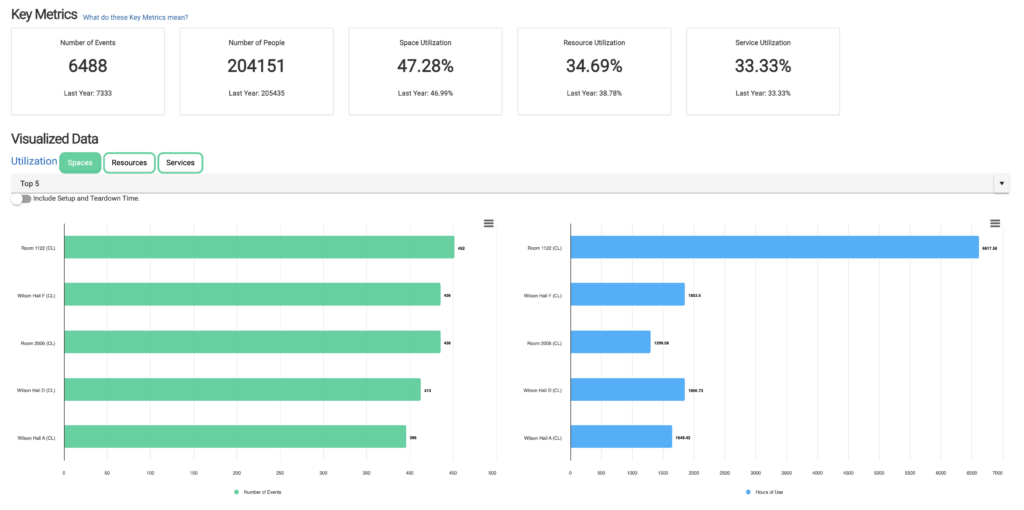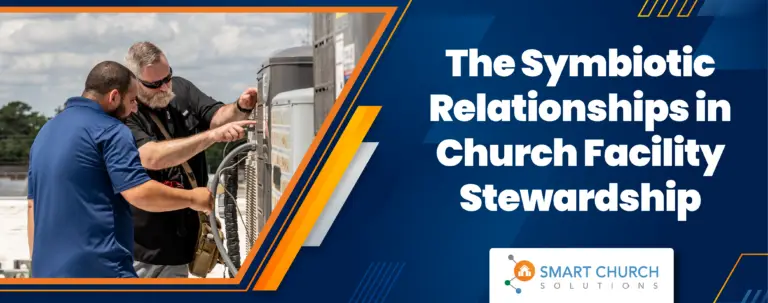The Importance of Effective Communication in Facility Stewardship
Effective communication with church leadership is crucial for the smooth operation of facility stewardship within a church. Yet, many facility stewards need help to convey their needs, especially during budget discussions or when advocating for necessary expenditures. Understanding the perspectives and languages of different church leaders is essential for bridging this communication gap.
Preparing to Communicate Maintenance Needs
Tailoring Communication to Leadership Styles
When preparing for leadership meetings, it’s vital to recognize the decision-making styles of the attendees. For example, a data-driven leader may require detailed Gantt charts and specific metrics, while others might respond better to practical demonstrations or emotional appeals. Adapting your communication approach based on the audience can lead to more productive discussions and more significant support for your facility initiatives.
Structuring the Meeting Agenda
Securing a Spot for Facility Updates
Secure a dedicated spot on the meeting agenda for maintenance updates to ensure facility needs are consistently communicated. This regular slot reinforces the importance of facility stewardship to the overall ministry and ensures that ongoing issues or successes are shared with key decision-makers.
Example Agenda Items for Effective Meetings
- Property Walk-Through Updates: Regular assessments of the property to identify maintenance needs.
- Safety Inspections: Updates on roof access safety measures and other critical inspections.
- Maintenance Cycles and Inspection Schedules: Discuss the timing and frequency of necessary maintenance activities based on equipment lifecycle and warranty requirements.
- Budget and Expense Reports: Present current financials related to facility maintenance, highlighting areas where budget adjustments are necessary.
- Strategic Initiatives: Proposals for cost-saving measures or efficiency improvements, like the installation of energy-efficient fixtures or updates to HVAC systems.
Property walk-throughs and safety inspections are a great way to catch potential issues early. A Periodic Site Assessment checklist makes it easier to review your facility and keep things running smoothly. Get the checklist for FREE here!
Utilizing Visual Aids and Data
Utilize tools such as Microsoft Project to create Gantt charts for those who prefer visual data representation. This approach can help clarify the timelines and dependencies of various maintenance tasks, making it easier for data-oriented leaders to grasp the scope and impact of facility-related activities. The eSPACE facility management platform also has robust reporting views that can help quantify maintenance needs, event data and service demands.


Engaging Through Real-World Demonstrations
Making an Emotional Connection
Sometimes, the best way to get buy-in for new initiatives is through real-world examples and practical demonstrations. For instance, arranging a meeting location with equipment or renovations similar to those proposed can help leaders experience the benefits firsthand, making a more substantial impact than theoretical discussions.
Regular Updates and Inclusive Communication
Sharing Success Stories and Challenges
Make it a practice to share both successes and challenges in facility stewardship during these meetings. Highlight how strategic decisions have led to improvements and openly discuss any difficulties encountered, seeking input and support from leadership to address these issues effectively.
Following Up Post-Meeting
After each leadership meeting, distribute minutes that include action items and responsibilities assigned. Follow up on these items to ensure that decisions are implemented and that the facility supports the church’s mission effectively.
Tip: You can stay ahead of maintenance with the Preventive Maintenance Checklist. Stay on top of key tasks to protect your facility and prevent small issues from becoming costly problems. Download a copy here.
Conclusion: Building a Collaborative Environment
Creating an agenda for a church leadership meeting is more than just listing discussion points; it’s about fostering an environment where strategic decisions support the church’s mission through effective facility stewardship. By clearly communicating needs, adapting messages to the audience, and regularly updating church leaders, facility stewards can ensure that their departments function efficiently and receive the necessary support and recognition from church leadership.








